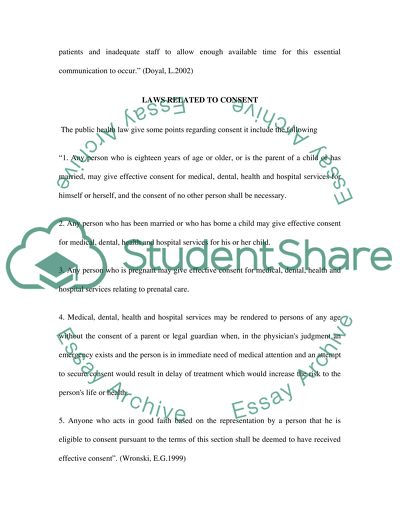Cite this document
(“Relations between the Health Care Professionals and the Patients Essay”, n.d.)
Relations between the Health Care Professionals and the Patients Essay. Retrieved from https://studentshare.org/health-sciences-medicine/1527649-relations-between-the-health-care-professionals-and-the-patients
Relations between the Health Care Professionals and the Patients Essay. Retrieved from https://studentshare.org/health-sciences-medicine/1527649-relations-between-the-health-care-professionals-and-the-patients
(Relations Between the Health Care Professionals and the Patients Essay)
Relations Between the Health Care Professionals and the Patients Essay. https://studentshare.org/health-sciences-medicine/1527649-relations-between-the-health-care-professionals-and-the-patients.
Relations Between the Health Care Professionals and the Patients Essay. https://studentshare.org/health-sciences-medicine/1527649-relations-between-the-health-care-professionals-and-the-patients.
“Relations Between the Health Care Professionals and the Patients Essay”, n.d. https://studentshare.org/health-sciences-medicine/1527649-relations-between-the-health-care-professionals-and-the-patients.


